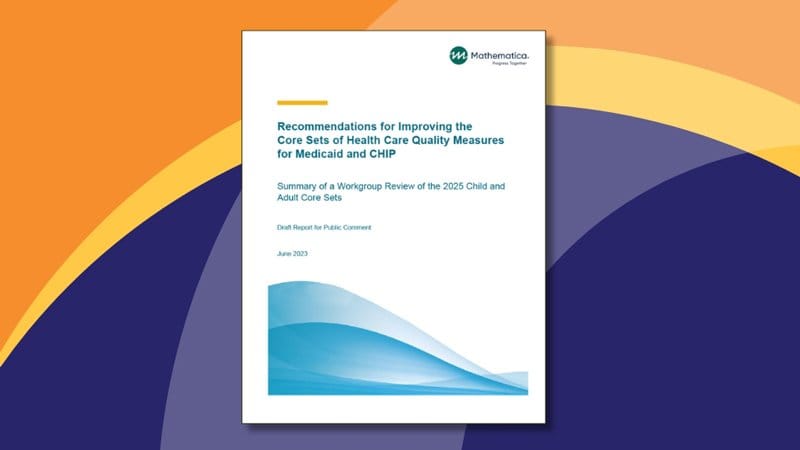Our work shaping and reporting on national mental health policy is made possible through a 2023-2024 capacity grant from the Perigee Fund.
This year, the Policy Center co-hosted two webinars with the Federal Department of Labor to help educate patients, providers, and payers/employers about Federal Mental Health Parity protections/requirements.
Background on Federal Mental Health Parity Laws
The first parity law, the Mental Health Parity Act of 1996 (MPPA) restricted benefit plans from imposing dollar limits on mental health benefits if they were not also applied to medical benefits (for example, a benefit plan couldn’t cap insurance coverage at $1500 a year for mental health benefits if a cap wasn’t placed on similar medical benefits).
A second law, The Paul Wellstone and Pete Domenici Mental Health Parity and Addiction Equity Act of 2008 (MHPAEA), expanded these protections and requirements.
Taken together, the laws address both benefit parity with regard to dollar limitations and employee/patient cost-share and non-dollar limitations, such as prior authorization and other utilization management restrictions and network adequacy standards.
Regulations were issued to provide guidance regarding implementation in November 2013, and revised regulations are forthcoming.
The laws and regulations apply to employment-related plans and insurance purchased on the individual market, and both state and federal regulators are responsible for overseeing and ensuring compliance. Some states have also passed laws to build on federal parity and imply restrictions on other health insurance plan types. Policy and advocacy groups have been raising concerns about the lack of oversight and enforcement of these requirements and at this moment are pushing the Department of Labor to finalize pending regulations to address this lack of accountability.
Provisions of the Social Security Act govern Medicaid benchmark benefit plans, and managed care plans that contract with state Medicaid programs require compliance with certain requirements of MHPAEA. This year the Federal Office of the Inspector General issued a report finding that the Centers for Medicare and Medicaid Services (CMS) failed to ensure compliance with parity requirements in some states.
What Are the Key Parity Issues Identified by the Policy Center?
In addition to the above-mentioned patient/provider protections and insurance plan requirements, we have identified and provided the following feedback on several occasions including a letter to the Department of Labor regarding the following opportunities and our suggested solutions:
- There are not enough behavioral health providers in the U.S. to meet needs.
- Providers, particularly psychiatrists, don’t want to join networks.
- There are shortages of in-network providers *and* behavioral health providers are being declined when applying to join insurer networks.
- “Carving out” mental health insurance from medical insurance is part of the problem and should be part of the parity conversation
Further, on this week’s webinar, we asked the Department of Labor to provide an opinion soon on how the parity rules impact coverage of novel treatments, like the first FDA-approved oral medication for the treatment of postpartum depression, Zurzuvae (zuranolone), and digital therapeutic (DTx) coverage for mental health more broadly, including the first FDA-approved digital therapeutic for postpartum depression, MamaLift Plus.
With the support of philanthropic investors and donors like you, the Policy Center will continue to track Mental Health Parity rule developments for the field.



